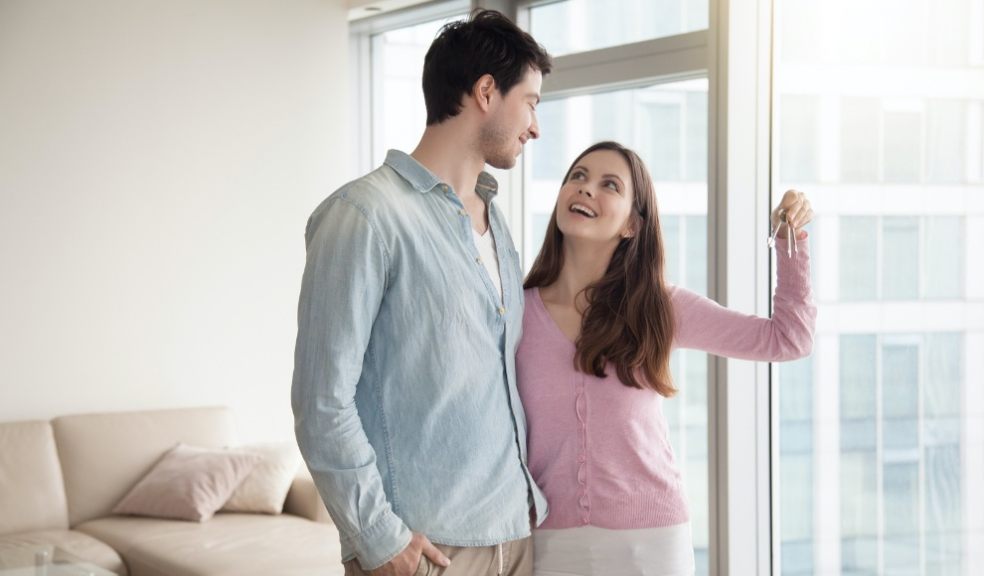
The ultimate guide to finances for first-time buyers
Have you decided to make some changes? If so, you’re not alone. During lockdown, many of us were working from home and this led a lot of us to realise that we need to move house.
If you’re one of those people who feel ready for a change and you’re thinking of buying your first home, it’s worth having an idea of the finances involved. Whether you’re buying a flat or a house, by understanding the different financial factors, you can create a realistic budget to help you make the move from renting to becoming a homeowner.
To help you work out how to plan your new purchase, this guide covers the key processes that you’ll need to budget for.
Deposit
Before you book any viewings, you’ll need to work out how much deposit you can afford. A standard deposit is around 5% and 20% of the cost of the house or flat you’d like to buy, so you’ll need to save enough to cover this amount.
For instance, if you like a house that’s priced at £180,000, you’ll need to save at least £9,000 and use this a deposit to be secured against the house. It’s worth noting that the average house price in the UK is currently £237,834, so a 10% deposit would be around £24,000.
If you can save more than 5% deposit, you’ll find that you can access more mortgages at a better rate.
Stamp Duty
If you’re buying property or land in England or Northern Ireland, you might have to pay Stamp Duty. This is a tax that house buyer pays on properties that are over a certain value.
If you’re buying a property before 31 March 2021, you won’t have to pay Stamp Duty if the property is £500,000 or less. If you’re buying your first property and it costs more than £500,000, the Stamp Duty you pay will be based on the value of the property.
So, properties priced from £500,001 to £925,000 receive a 5% Stamp Duty tax. For instance, if the property is £600,000, you’ll be charged Stamp Duty on 5% of the extra £100,000 above £500,000, which is £5,000.
Additional costs
You’ll need to account for the additional costs that come with house buying. Set aside around £3,000 to £5,000 to cover:
- Solicitors’ fees
- The cost of the survey on the property
- Buildings insurance
- Mortgage arrangement and the valuation fees that accompany this
- Additional funds for insurance – indemnity insurance and other types of insurance might be needed if the property is built on the site of a flood risk or close to a chemical works.
You might not need as much as £5,000, however it’s worth pricing everything up as early as possible in the process so that you have an idea of these costs.
Other expenses
As well as the above, you’ll also need to budget for your house move. Get some quotes from delivery companies and see if it’s possible to move items using your own vehicles.
Additionally, the property you’ve bought might need some urgent repairs or furnishing. If so, you’ll need to factor this in when budgeting for your move.
While there is a lot to consider when you’re a first-time buyer, it can be a rewarding process once you’ve found your dream property.













